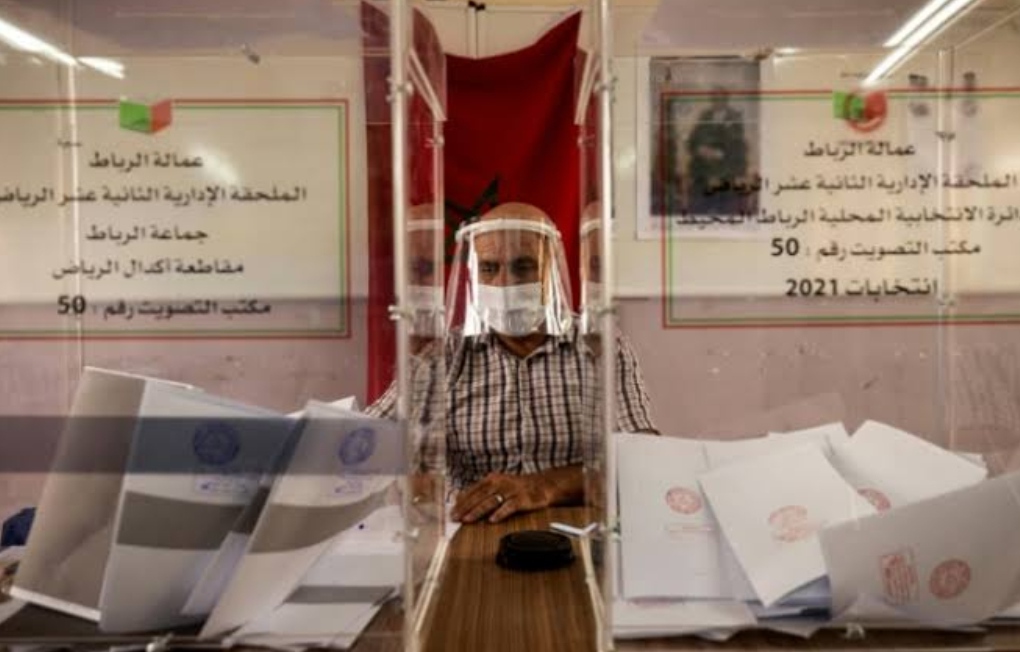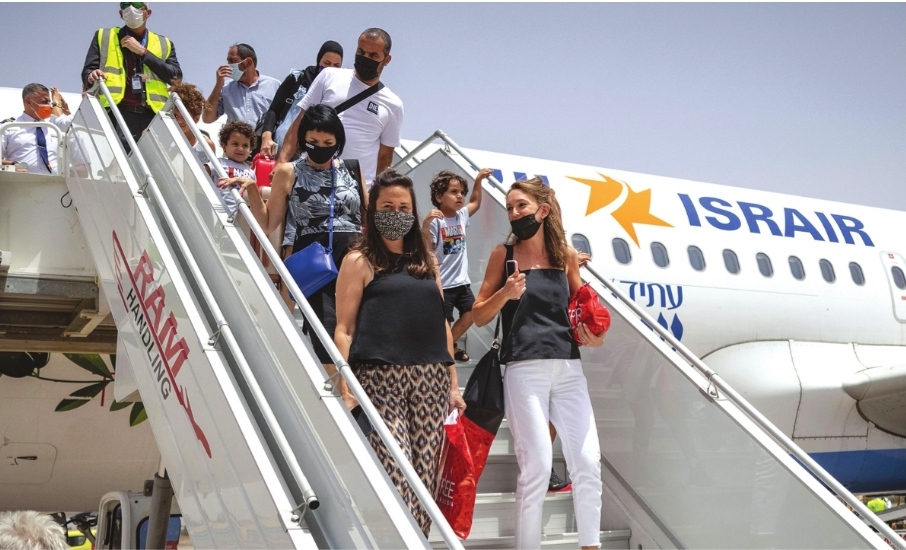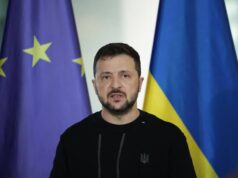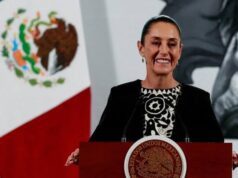Islamists routed by liberal parties in Morocco: provisional results

Moroccans have given their verdict through the ballot box on Wednesday for parliamentary and local elections. It has decided the fate of Islamists who have governed the kingdom for 10 years. 18 million Moroccans on the electoral roll have voted for 395 MPs and more than 31,000 local and regional officials.
King Mohammed VI will name a prime minister from the party that leads the parliamentary poll to govern for the next five years.
The palace remains the source of key decisions and strategic direction in the country of 36 million people.
Islamists were swept to power in 2011 in the wake of the 2011 uprisings around the Middle East and North Africa, the Islamist Justice and Development Party (PJD) hopes to secure a third term leading a ruling coalition.
Compared with demands back then for an end to “corruption and despotism,”2021’s two-week election campaign has been mostly stable.
Former prime minister and PJD leader Abdelilah Benkirane though attacked the RNI boss, billionaire businessman and Agriculture Minister Aziz Akhannouch, in a fiery Facebook video on Sunday.
“The head of government must be a political personality with integrity who is above suspicion,” he said.
Akhannouch, who is said to be close to the royal palace, retorted in an interview on Monday that the attacks were “an admission of failure” by his opponents, vowing not to respond.
Following the last elections in 2016, the RNI leader secured critical ministerial jobs for his party, including the economy and finance and industry portfolios. Besides the PJD and RNI, the liberal Authenticity and Modernity Party (PAM), formed by an influential royal adviser, and the center-right Istiqlal Party were both seen as front-runners in local media.
Changes to the voting system have been made in 2021 mean parties’ shares of seats will be calculated based on registered voters, rather than those who actually cast their ballots, in an amendment seen as favoring smaller parties.
On the same vote share as in 2016, the new system could leave the PJD with around 80 seats, rather than the 125 it scored last time, making post-election coalition-building trickier. All parties are expected to sign up, regardless of who wins the election.

Israeli tourists arrive at the Marrakech-Menara International Airport on the first direct commercial flight between Israel and Morocco on Sunday. Morocco and Israel signed agreements on direct flights in December 2020.
Now the provisional results show that Morocco’s long-ruling Islamists have suffered a crushing defeat to liberal parties seen as close to the palace in parliamentary elections.
The Justice and Development Party (PJD) which headed the ruling coalition for a decade has collapsed from 125 seats in the outgoing assembly to just 12.
It was far behind its main liberal rivals, the National Rally of Independents (RNI) and the Authenticity and Modernity Party (PAM), with 97 and 82, respectively, and the center-right Istiqlal Party with 78 seats in the 395-seat assembly.
The RNI, which was a junior member of the governing coalition, is headed by billionaire businessman Aziz Akhannouch, described as close to the palace.
King Mohammed VI will name a prime minister from QA party that won the parliamentary poll to govern the nation of 36 million for the next five years, succeeding Saad-Eddine El Othmani.
The final results should be known on Thursday.
Turnout was 50.35 percent, according to the interior minister, higher than the 43 percent turnout at the previous legislative polls in 2016, but lower than the 53 percent during the 2015 local elections.
But this was the first time that Morocco’s 18 million voters chose their deputies and municipal and regional representatives on the same day.
On Wednesday evening, the Islamists had raised allegations of “serious irregularities,” including “obscene cash handouts” near polling stations and “confusion” on some electoral rolls, with some voters finding they were not listed.
However, the interior minister said voting took place “under normal circumstances” apart from some isolated incidents. In 2011, Morocco adopted a new constitution devolving many of the monarch’s powers to parliament and the government.




